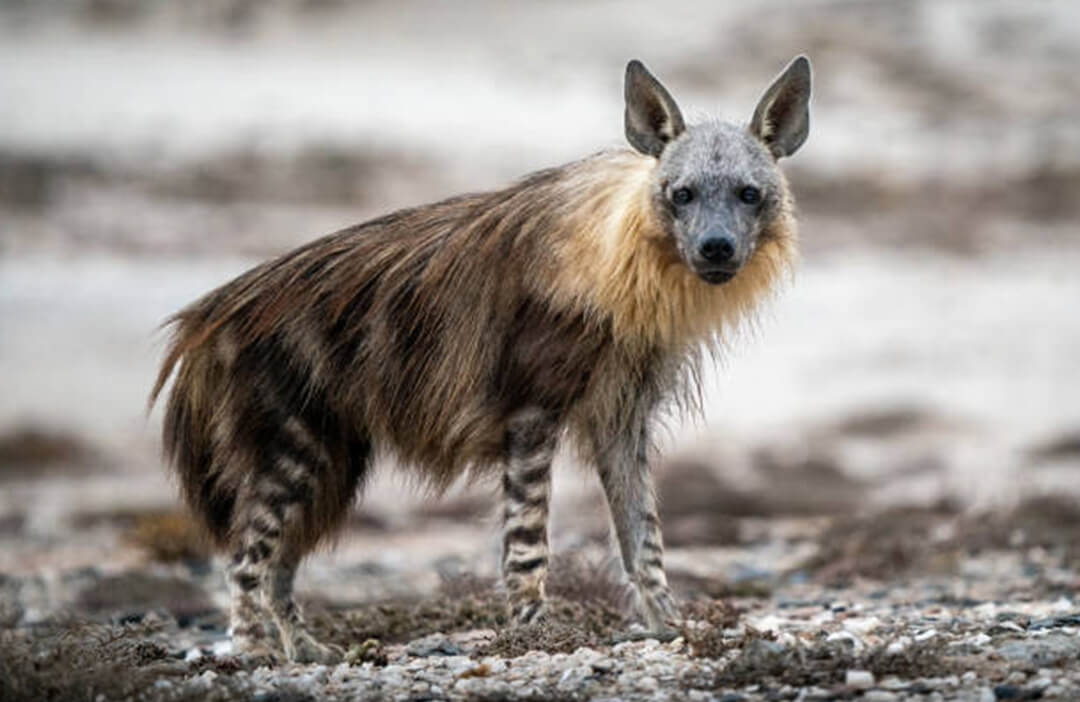When it comes to game hunting safaris in South Africa, many hunters are curious about the legality of targeting specific species. One such animal that often raises questions is the brown hyena. Known for its elusive nature and unique appearance, the brown hyena presents an intriguing challenge for hunters.
In South Africa, hunting regulations are strict, especially for species listed as “near threatened” by the International Union for Conservation of Nature (IUCN). To hunt a brown hyena legally, we must secure a TOPS (Threatened or Protected Species) permit before embarking on our safari. This ensures that hunting practices remain sustainable and ethical, safeguarding the delicate balance of the ecosystem.
[DYNAMIC-BLOGTABLEOFCONTENT]
Key Takeaways
Legal Requirements for Hyena Hunting: Hunting a brown hyena in South Africa is strictly regulated and requires obtaining a TOPS (Threatened or Protected Species) permit to ensure ethical and sustainable practices.
- Species Characteristics: Brown hyenas, the rarest hyena species in Southern Africa, are primarily scavengers with unique biology and behavior, thriving in semi-desert and savanna regions.
- Conservation Status: Classified as “near threatened” by the IUCN, brown hyena populations are sensitive to habitat destruction and unregulated hunting, necessitating stringent hunting regulations to protect the species.
- Hunting Methods: Three primary methods are used for hunting brown hyenas: baiting, calling, and spot and stalk, each requiring a thorough understanding of the animal’s behavior and habitat.
- Public Opinion and Controversy: The practice of hunting brown hyenas is controversial, with arguments both for and against it, highlighting the complex relationship between hunting, conservation funding, and ethical considerations.
Understanding Brown Hyenas
Brown hyenas (Parahyaena brunnea) are the rarest of the three hyena species found in Southern Africa. This species thrives in the semi-arid scrub regions, open African plains, and dry savannas. Brown hyenas are skilled scavengers, mostly nocturnal, and have an elusive nature that makes them fascinating yet challenging for both researchers and hunters.
Biology and Behavior
Brown hyenas have a robust build with long, shaggy fur, predominantly brown with a mane of coarse black or dark brown hair running along their spine. They show a unique social structure, typically living in small clans headed by a dominant female. These clans usually consist of related individuals, and they often communicate through vocalizations and scent markings to establish territory.
Brown hyenas primarily feed on carrion and are known to scavenge from other predators’ kills, though they occasionally hunt small animals and birds. Due to their opportunistic feeding habits, they play a crucial role in cleaning the ecosystem, which bolsters the overall health of their habitat.
Distribution and Habitat
Brown hyenas are distributed across Southern Africa, with their presence extending inland and along coastal regions. Their choice of habitat includes semi-desert regions, savannas, and rocky terrains. They avoid densely forested areas, preferring environments where scavenging food is more accessible.
Conservation Status
The International Union for Conservation of Nature (IUCN) classifies brown hyenas as “near threatened.” Human activities, like habitat destruction and unregulated hunting, have impacted their population. Legal hunting of brown hyenas is regulated under South Africa’s TOPS regulations to ensure that it doesn’t threaten the species’ survival. Hunters must obtain a TOPS permit, and specific quotas are enforced to maintain ecological balance.
Hunting Methods
There are three primary methods for hunting brown hyenas in South Africa:
- Baiting: This involves setting up a blind and baiting the area with carrion to lure hyenas. Baiting starts before the hunting safari and continues throughout the hunt.
- Calling: Hunters use distress calls to attract hyenas. This method requires skill and experience, as it relies on the hyenas’ acute hearing and curiosity.
- Spot and Stalk: This technique requires tracking and stalking hyenas, often at dawn or dusk when they’re most active.
Each method has its challenges and requires a deep understanding of the brown hyena’s behavior and habitat. For more information on planning a hunt, visit Game Hunting Safaris.
Understanding these fascinating creatures is crucial for responsible and sustainable hunting practices. While hunting in South Africa, respecting the wildlife regulations ensures that future generations can also experience these incredible animals.
Game hunting safaris offer a unique blend of adventure, skill, and camaraderie. Whether you’re a seasoned hunter or a first-timer, navigating the world of hunting can be thrilling yet daunting. We’ve compiled this guide to help you understand every aspect of game hunting safaris and make the most of your adventure.
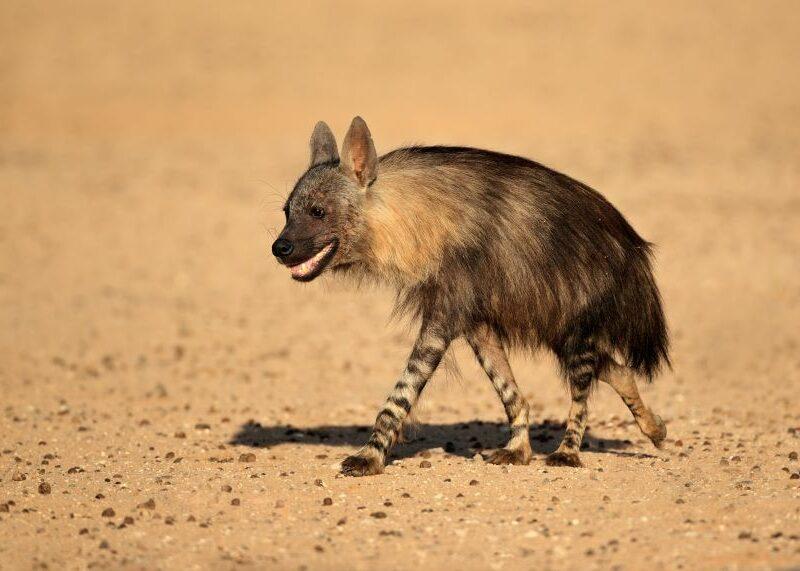
Legal Status Around the World
Game hunting safaris provide an unmatched experience in the wild. The vast landscapes and diverse wildlife of Africa offer hunters opportunities that simply can’t be replicated elsewhere. From pursuing majestic lions to tracking elusive hyenas, the thrill of the hunt is unparalleled.
Planning Your Safari Adventure
Before you embark on your hunting adventure, proper planning is crucial.
Selecting the Right Destination
Africa is filled with incredible hunting locations, each offering different wildlife. Consider the following points:
- South Africa: Known for its diversity and well-established hunting infrastructure. Ideal for first-time hunters.
- Namibia: Offers expansive hunting areas with a variety of game species. Perfect for those seeking a remote experience.
- Zimbabwe: Home to Big Five game hunting but requires careful consideration due to political instability.
Choosing Game Species
Your choice of species will determine the focus of your safari. Some popular options include:
- Lion Hunting: Requires skill and a knowledgeable guide. It’s a bucket-list experience for many.
- Plains Game: Includes species like impala, kudu, and wildebeest. Good for those looking for variety.
- Hyena Hunting: Less common but offers a unique challenge. Requires patience and tracking skills.
Finding a Reputable Outfitter
A good outfitter can make or break your experience. Look for:
- Experience: Outfitter with years in the business.
- Reputation: Positive reviews and testimonials.
- Services: Comprehensive packages including accommodations, meals, and logistics.
For more details on hunting outfits, check out Game Hunting Safaris.
Preparing for the Hunt
Preparation goes beyond packing your gear. You need to be mentally and physically ready.
Gear and Equipment
Ensure you have all necessary gear:
- Firearms: Choose a caliber appropriate for your game. For example, a .375 H&H is good for larger game.
- Optics: A quality scope and binoculars are vital.
- Clothing: Camo clothing, hats, and sturdy boots. The African bush can be harsh, so dress accordingly.
Physical Preparation
Hunting safaris can be physically demanding:
- Fitness: Regular exercise leading up to your trip will enhance your stamina.
- Practice: Shooting practice is crucial. Spend time at the range to ensure accuracy.
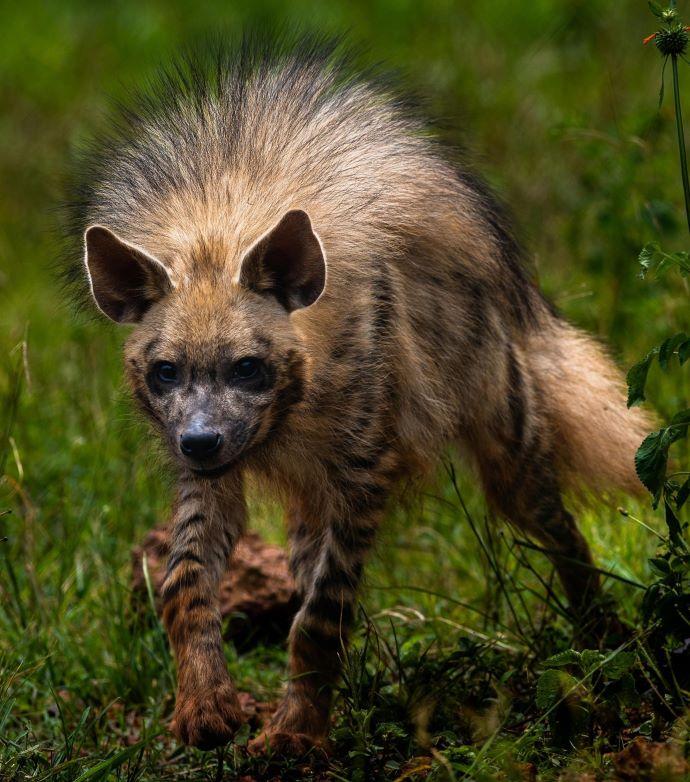
During the Safari
Your safari experience will be memorable if you follow some key guidelines.
Respect Wildlife and Environment
Conservation is critical:
- Ethical Hunting: Always follow fair chase principles.
- Permits: Ensure all necessary permits are in place.
- Sustainable Practices: Only hunt legal species. Support local conservation efforts.
Engaging with Local Communities
Interaction with local communities enriches your experience:
- Guides and Trackers: Learn from their expertise.
- Cultural Understanding: Respect local customs and traditions.
Capture the Moments
Document your adventure:
- Photography: Bring a good camera to capture the landscapes and your trophies.
- Journaling: Keep a diary of your experiences. It’ll be a treasured memory.
Post-Hunt Considerations
Once your hunt concludes, there are still important steps to follow.
Trophy Care and Management
Ensuring your trophies are well cared for is essential:
- Taxidermy: Coordinate with your outfitter for quality taxidermy services.
- Shipping: Reliable shipping services to get your trophies home safely.
Reflecting on the Experience
Evaluate and share your adventure:
- Feedback: Provide feedback to your outfitter. It helps improve future hunts.
- Sharing Stories: Share your stories and photos with fellow hunters and on social media. It keeps the spirit of the hunt alive.
For more insights and detailed planning, refer to the resources available at Game Hunting Safaris.
Game hunting safaris offer an exhilarating way to experience the wild. They combine adventure, skill, and the great outdoors. Whether you’re a seasoned hunter or a beginner, this article will guide you through the essential aspects of planning and enjoying a successful hunting trip. Ready to dive in?
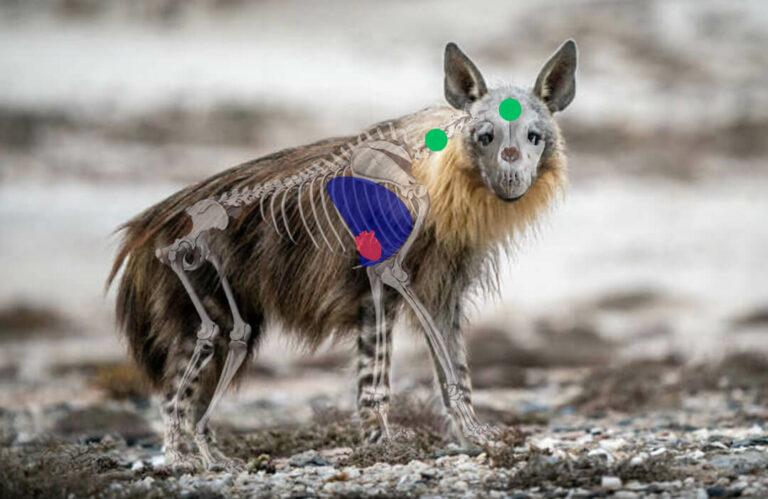
Ethical Considerations
Choosing Your Destination
Africa is renowned for its diverse wildlife and world-class hunting opportunities. Countries like South Africa, Namibia, and Zimbabwe are popular. Each offers unique game species and landscapes.
Selecting Game Species
Know what you want to hunt. Some safaris focus on big game like lions and elephants. Others offer a mix of species, including antelope and zebras. Research the animals native to your destination.
Finding a Reputable Outfitter
A good outfitter can make or break your safari. Look for one with experience and positive reviews. They should provide guidance, necessary permits, and safety measures. For more information, visit Game Hunting Safaris.
Preparing for the Hunt
Physical and Mental Preparation
Hunting can be physically demanding. Ensure you’re in good shape by following a fitness routine tailored to the safari. Mental preparation is equally important. Familiarize yourself with the hunting grounds and stay focused.
Gear and Equipment
Quality gear is crucial. Invest in a reliable rifle or bow, depending on your preference. Don’t forget essentials like binoculars, a first-aid kit, and appropriate clothing for the climate.
Legal Requirements
Understand the local hunting laws. This includes permits and hunting seasons. Researching legal aspects specific to hunting in South Africa or another chosen location is crucial.
Conservation Ethical Considerations
Conservation Efforts
Hunting plays a role in conservation. The fees generated from hunting permits fund wildlife preservation and anti-poaching efforts. Hunters must adhere to sustainable practices.
Impact on Ecosystems
Every hunt affects the ecosystem. Responsible hunters target older, non-breeding animals to minimize disruption. Understanding the balance helps maintain the health of the habitat.
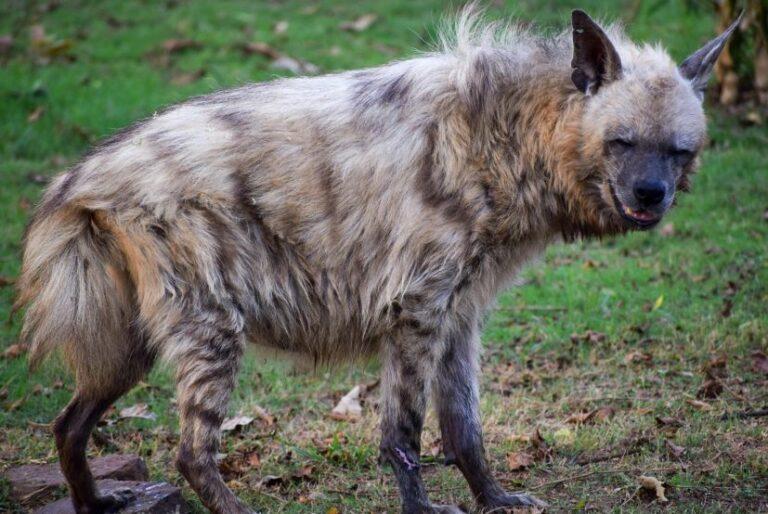
During the Safari
Engaging with Local Communities
Interacting with locals enriches the experience. Learn about their culture and traditions. This not only builds respect but also supports the local economy.
Documenting the Experience
Capture memories through photos and journals. This allows you to relive the adventure and share it with others. Ensure you have the right equipment for quality photos.
Post-Hunt Considerations
Trophy Care
Properly caring for trophies is essential. This includes skinning, cleaning, and preserving the animal. Many outfitters offer taxidermy services to help maintain the quality.
Reflecting on the Adventure
Take time to reflect on your experience. Consider what you’ve learned and how you’ve impacted the local environment. Use these insights to plan future hunts responsibly.
For more detailed guides and tips, feel free to explore resources at Game Hunting Safaris.
Venturing into the world of game hunting safaris offers an exhilarating experience. It allows us to connect with nature and witness the majestic wildlife of Africa. Whether you’re seasoned or a newbie, understanding the intricacies of these safaris is key.
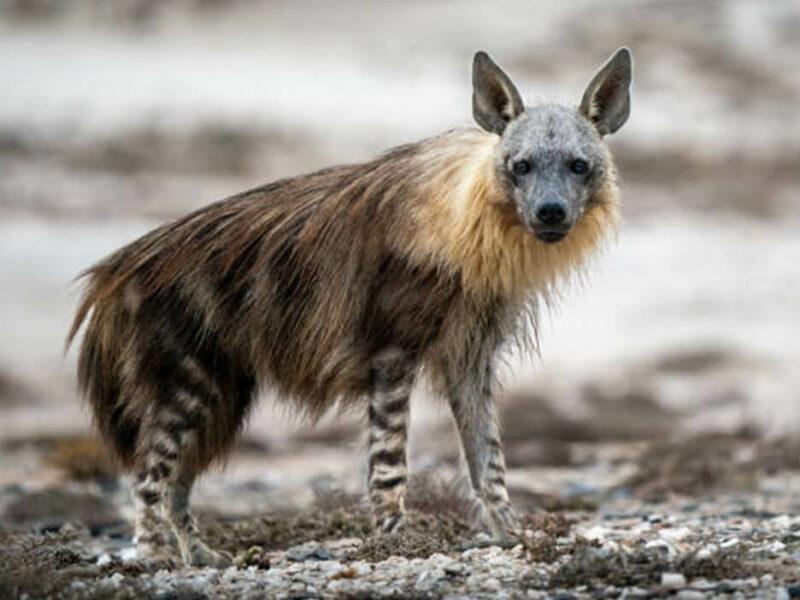
Enforcement and Penalties
Deciding where to hunt is crucial. Africa, with its rich biodiversity, stands out, but different countries offer unique experiences.
South Africa
South Africa leads in offering diverse game species and top-notch facilities. From the majestic Kalahari lions to the elusive kudu, the country boasts a variety of species. Searching for “hunting in South Africa”? Case studies often highlight this destination for its ethical hunting practices and robust conservation efforts.
Namibia
Namibia, known for its vast landscapes and desert-adapted wildlife, offers unique hunting opportunities. Mostly known for its kudu and gemsbok, the country’s commitment to sustainable hunting makes it a prime spot.
Zimbabwe
Zimbabwe is often praised for its large elephant populations and robust hunting culture. The Hwange National Park and other game reserves provide ideal hunting grounds. Booking through an African Hunting Safari Broker ensures a seamless experience.
Ethical Considerations
Ethics play a pivotal role in hunting. Understanding and adhering to conservation principles is essential.
Sustainable Practices
Using sustainable hunting practices helps maintain wildlife populations. Always follow guidelines set by local authorities to avoid depleting species.
Community Engagement
Engage with local communities during your safari. It fosters goodwill and supports local economies. Often, hiring local guides enhances the authenticity of the experience.
Finding Reputable Outfitters
Choosing the right outfitter ensures a safe and successful hunt.
Research and Reviews
Research outfitters thoroughly. Reviews from previous hunters provide invaluable insights. Look for consistency in customer satisfaction.
Accreditation
Ensure the outfitter is accredited by relevant authorities. Accreditation often guarantees adherence to ethical standards and legal requirements.
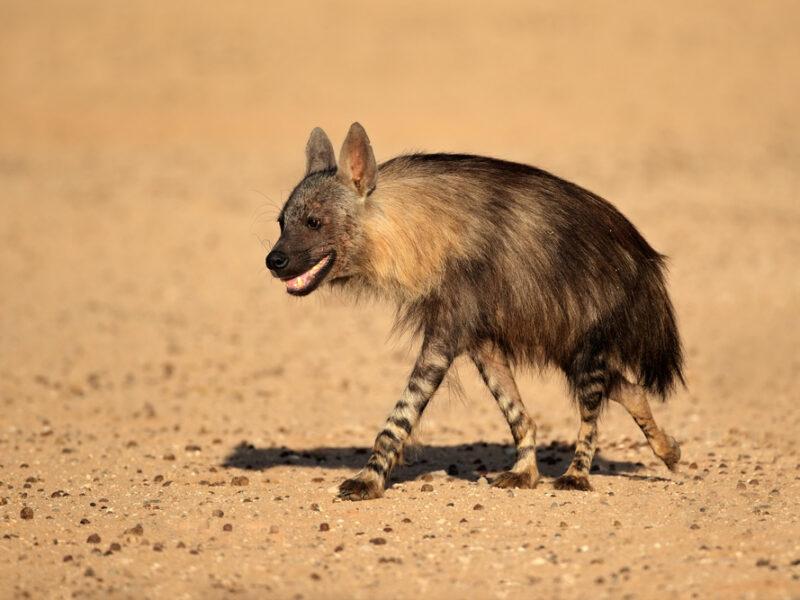
Preparation for the Safari
Both physical and mental preparation are crucial for a successful safari.
Physical Fitness
Staying fit enhances your hunting experience. Some hunts require long treks, so regular exercise is beneficial.
Mental Preparation
Prepare mentally by understanding the species you’ll hunt and the terrain. Familiarizing yourself with the local culture also aids in smooth interactions.
Legal Requirements
Compliance with legalities is non-negotiable.
Licenses
Obtain the necessary hunting licenses. Each country has specific requirements, and it’s essential to be aware of them.
Conservation Fees
Pay applicable conservation fees. These fees often support local wildlife preservation efforts.
Conservation Efforts
Our actions during and after the hunt contribute to conservation.
Documenting the Experience
Documenting your safari helps promote awareness about conservation. Share stories and photos to highlight the importance of sustainable hunting practices.
Supporting Conservation Programs
Contribute to local conservation programs. Donations or volunteer efforts go a long way in preserving wildlife.
Practical Tips
Gear Selection
Select appropriate gear based on the region and targeted species. Lightweight and durable equipment is ideal.
Weather Considerations
Check the weather forecast and pack accordingly. Sudden weather changes are common, and being prepared is crucial.
Emergency Preparedness
Always have a plan for emergencies. Carry a first-aid kit and ensure communication devices are functional.
For more tips and detailed guides, visit Game Hunting Safaris.
Reflecting on the Adventure
Post-safari reflections help consolidate the experience and lessons learned.
Trophy Care
Proper trophy care ensures your prized memories last a lifetime. Follow guidelines for preservation and importation.
Sharing Experiences
Sharing your adventures fosters a sense of community. It also promotes ethical and sustainable hunting practices.
Engaging in a game hunting safari is more than just the thrill of the hunt. It’s about connecting with nature, understanding the delicate balance of ecosystems, and supporting conservation efforts.
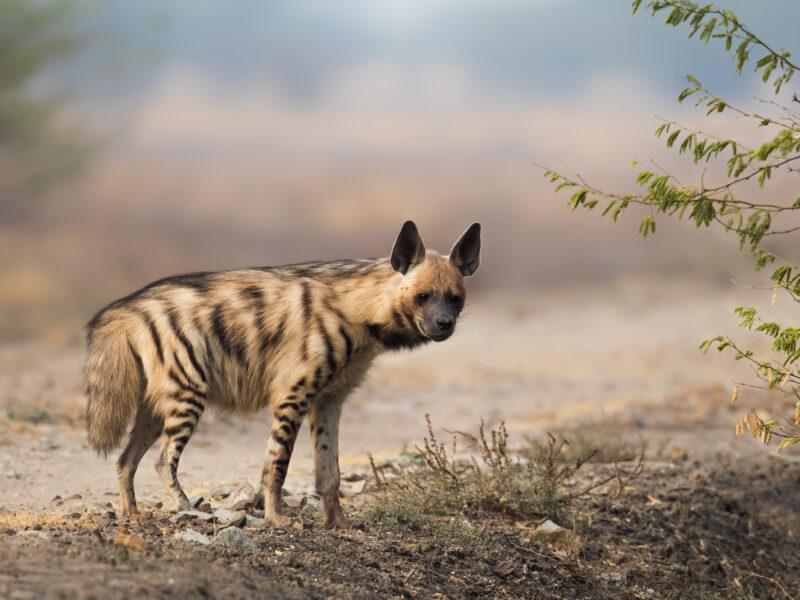
Public Opinion and Controversy
Public opinion on hunting brown hyenas is divided, with substantial controversy surrounding the practice. Many people express concern about the conservation status of brown hyenas, which are classified as Near Threatened by the International Union for Conservation of Nature (IUCN). This classification indicates that brown hyenas are at risk of becoming endangered if the circumstances threatening their survival and reproduction do not improve. As a result, conservationists argue that hunting these animals could exacerbate their vulnerability.
On the other hand, proponents of regulated hunting argue that it can contribute to conservation efforts. They believe that hunting fees and permits can provide significant funding for wildlife conservation programs, including habitat preservation and anti-poaching initiatives. For example, in some regions of South Africa, revenue generated from hunting safaris is allocated towards conserving both hunted and non-hunted species. Proponents assert that, when managed responsibly, hunting can support biodiversity and ecosystem health.
There are ethical debates as well. Some argue that targeting animals like the brown hyena for sport is morally questionable, given their ecological roles and the potential impact on their populations. Additionally, public sentiment often leans towards the protection of charismatic megafauna, which can include species like the brown hyena.
Engaging with diverse perspectives on hyena hunting is crucial. Understanding both sides helps us better comprehend the complex relationship between hunting and conservation. The debate highlights the need for informed, balanced approaches to wildlife management, ensuring that conservation goals are met while respecting the various values and opinions that people hold.
Conclusion
Navigating the complexities of hunting brown hyenas requires a deep understanding of ethical considerations and conservation efforts. It’s essential to engage with local communities and choose reputable outfitters. By complying with legal requirements and supporting sustainable practices, we can contribute to the preservation of biodiversity and ecosystem health. Balancing conservation goals with diverse perspectives ensures that our actions align with both ecological and ethical standards.
Frequently Asked Questions
What are the key considerations for ethical game hunting safaris?
Ethical game hunting safaris focus on conservation, sustainability, and respect for wildlife. Choose reputable outfitters, engage with local communities, and comply with legal requirements.
Why is it important to choose reputable outfitters?
Reputable outfitters ensure ethical hunting practices, adhere to conservation guidelines, and contribute to local economies, supporting community development and wildlife management.
How can local communities benefit from game hunting safaris?
Local communities can benefit through job creation, income from tourism, and funds for conservation initiatives, enhancing both economic and environmental sustainability.
What legal requirements should hunters be aware of?
Hunters must obtain necessary permits, follow regional hunting regulations, and respect protected species guidelines to avoid legal issues and support conservation efforts.
How should hunters prepare physically and mentally for a safari?
Preparation involves building physical stamina, familiarizing oneself with hunting rules and ethics, and mentally gearing up for the challenges and responsibilities of ethical hunting.
What is the importance of documenting hunting experiences?
Documenting experiences allows for personal reflection, sharing of ethical practices, and contributing to conservation awareness through storytelling and education.
How should trophies be cared for after the hunt?
Proper care includes immediate preservation, professional taxidermy, and adherence to legal guidelines for transporting and importing trophies.
What conservation programs should hunters support?
Hunters should support programs that focus on habitat preservation, anti-poaching efforts, and community-based wildlife management to ensure sustainable hunting practices.
What is the controversy surrounding hunting brown hyenas?
The controversy involves ethical concerns and debates on whether hunting supports or harms biodiversity and ecosystem health, with varying perspectives on its impact on conservation.
Why is understanding diverse perspectives on hyena hunting important?
Understanding diverse perspectives helps balance conservation goals with differing values and opinions, fostering informed and respectful wildlife management practices.
